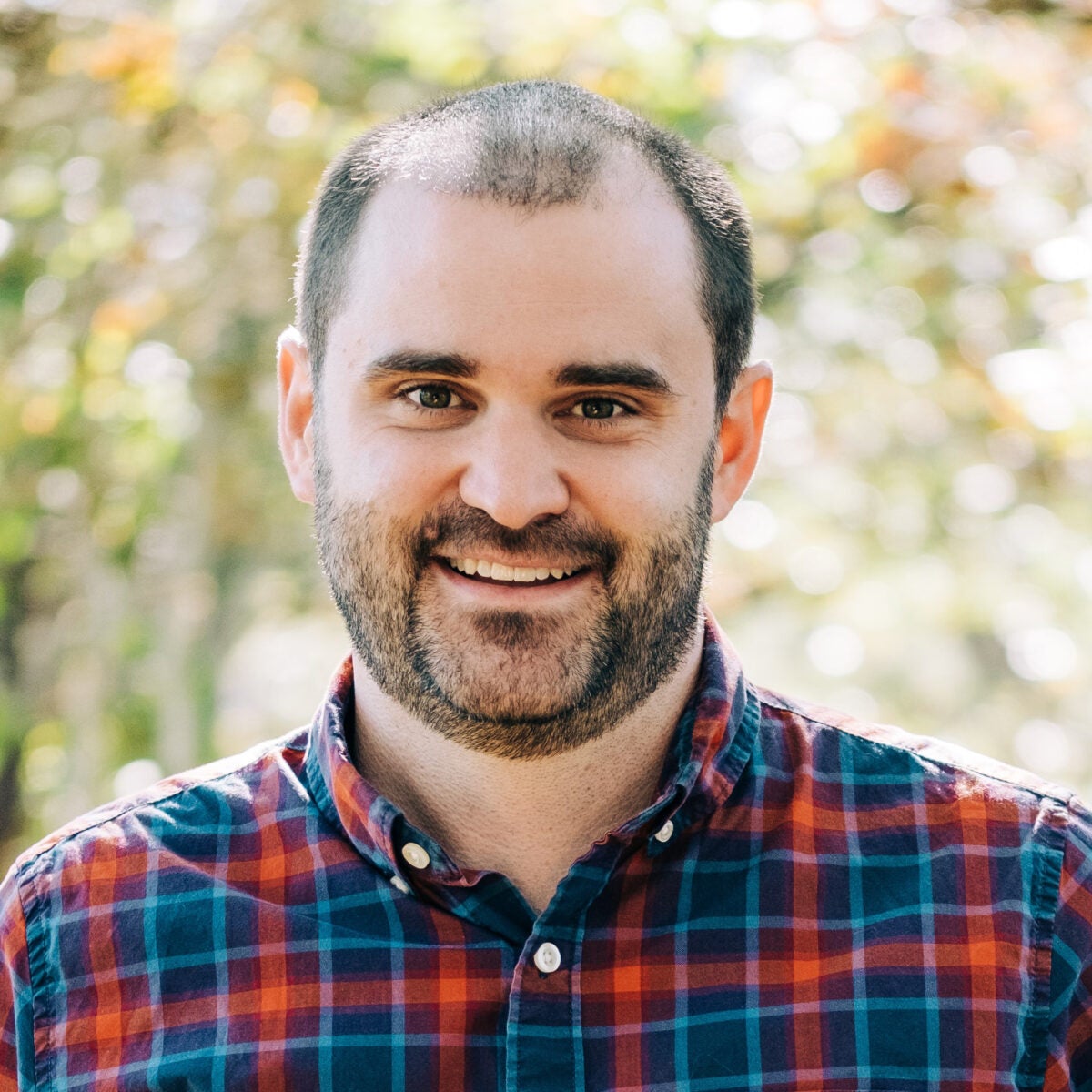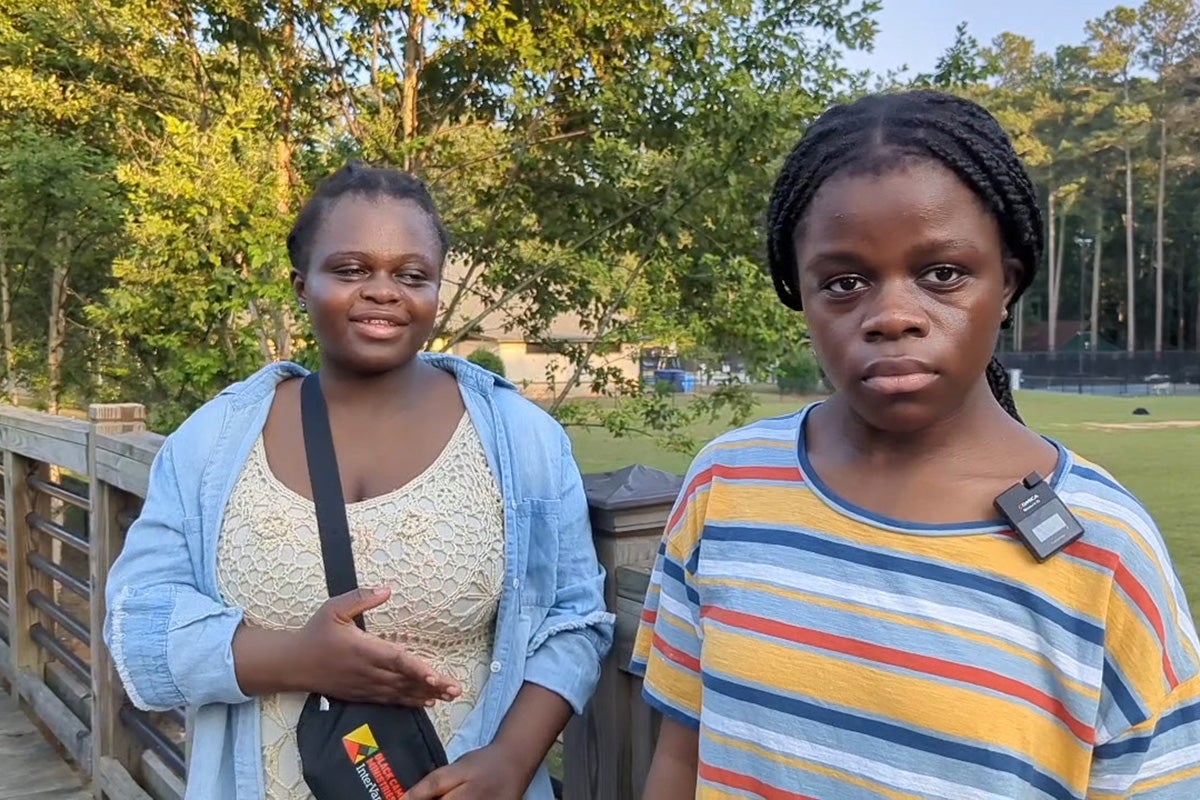
Opinion
Bringing the public back to public health
The 2024 election was in part a rebuke of public health. Just under 50 percent of voters chose a presidential campaign that centered resistance to public health efforts, setting up federal leaders for the next four years who have willfully ignored scientific advice, belittled experts, and ominously promised to “clean up the public health agencies.”
As a public health professional, I am baffled by the vitriol. I fear the new administration will worsen our already poor health outcomes. But the reality cannot be ignored. Public health has lost the public’s support and we must work to bring it back.
The results, though, do not show a landslide. Just under 230,000 votes would have changed the presidential outcome and policies supported by the public health community performed well. For example, seven of the 10 abortion referendums passed, paid sick leave was approved in three states (Missouri, Alaska, and Nebraska), and two states raised their minimum wage. This means that some people who voted to protect abortion also voted for the candidate who appointed Supreme Court justices who overturned Roe v. Wade.
If some public health policies are popular, then what went wrong? One diagnosis is the communication style. Sen. Chris Murphy of Connecticut posted on social media that Democrats should “be less judgmental” and Washington Rep. Marie Gluesenkamp Perez, a Democrat who won a rural, red area of Washington state, later said in an interview, “The fundamental mistake people make is condescension.” This advice echoes what some health leaders said post-election: “Don’t underestimate or talk down to those without a medical degree.”
To elect more pro-public health leaders in 2028 or even 2026, the public health community must improve our communication style. We should start by getting rid of the patronizing framing of issues between science/anti-science and health/anti-health and instead show more humility.
Changing our communication style may not feel right to many public health professionals—it doesn’t feel completely right to me, either. I wish things were different.
We must remember that science does not beget policy. Science is knowledge of the world while policy tackles political problems. It is impossible for a description of the world to lead to a prescription—a problem referred to as Hume’s Law.
Describing others as “anti-science” or “anti-health” closes off debate and sounds arrogant. Instead, health should be thought of as a multifaceted concept, as in the famous definition from the World Health Organization: “Health is a state of complete physical, mental, and social well-being.” Each part is unique: physical well-being relates to the functioning of our bodies, mental to how we cope with our lives, and social to our relationships with others.
We make tradeoffs between each component daily—some choose to ride a motorcycle, play professional football, or refuse medical care for religious reasons. Francis Collins, former director of the National Institutes of Health, implied as much when he spoke of his regret about COVID-19 policies that focused entirely on saving lives, overlooking that they impose a societal cost that “totally disrupts people’s lives, ruins the economy, and has many kids kept out of school.”
Instead, public health leaders should follow advice from Sandro Galea, dean of the School of Public Health at Washington University in St. Louis, who recently suggested being “humble in our approach, open to learning more about the world and about how to become ever better at making it healthier. This includes having the humility to ask questions even when the answers run counter to what we think, or hope, to be true.”
Humility is vital because there are real problems in our health system. Just weeks before the election, the Commonwealth Fund released a report comparing the U.S. system to nine peer countries. The U.S. was “in a class by itself in the underperformance of its health care sector,” the report concluded. Our life expectancy is four years less than the average from those countries, we have the highest rates of preventable and treatable deaths, and suffered the most excess deaths from Covid for everyone under the age of 75.
But post-election responses from the public health community have not heeded these warnings. Georges Benjamin, president of the American Public Health Association, warned that the country’s new leadership can enact policies that take public health “back a few steps.” Katelyn Jetelina, in her popular newsletter Your Local Epidemiologist, wrote that in light of the election, the “biggest challenge will be fighting for the truth.” Recent petitions protesting cabinet nominees urge senators to “prioritize science” and the “well-being of Americans.”
These statements misunderstand the disrespect for expertise in our country today. According to a poll from Pew Research, there are large differences between Republican and Democrat voters’ beliefs in the qualities of scientists, including honesty, closed-mindedness, and empathy, an issue described as the “institutional-trust divide.” Stating respect for expertise and institutions is not everyone’s priority.
Changing our communication style may not feel right to many public health professionals—it doesn’t feel completely right to me, either. I wish things were different and I sympathize with the statements by Benjamin and Jetelina. But the 2024 election showed that many Americans feel differently. Reflection and change are needed.
In our political system, success requires large coalitions, and we should expect more antagonistic leadership in future elections if nothing changes. But if the public health community shows humility, stops name-calling, and endeavors to get the public to support our work, then the politics may follow. The health of all of us depends on it.
Top image: stellalevi / iStock



